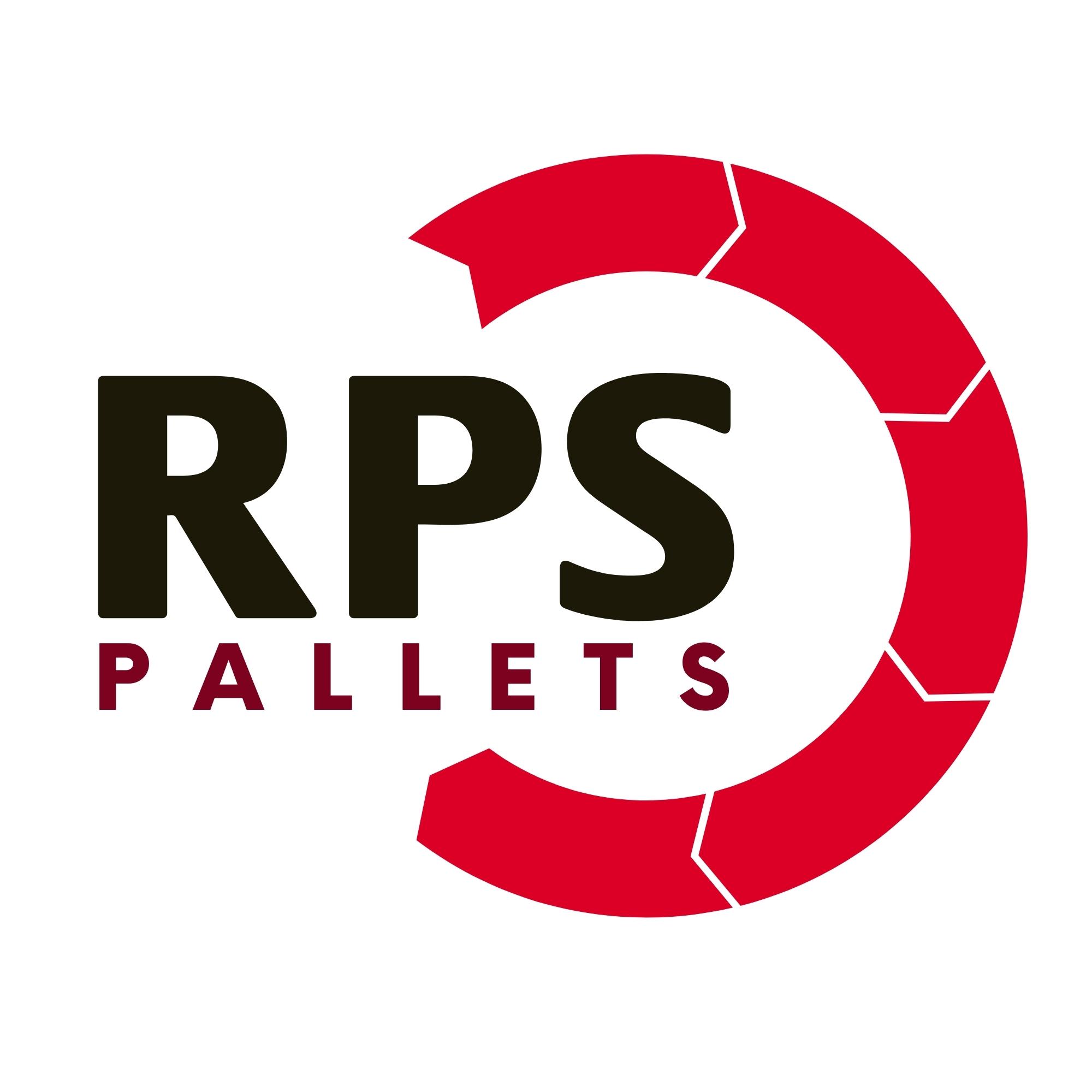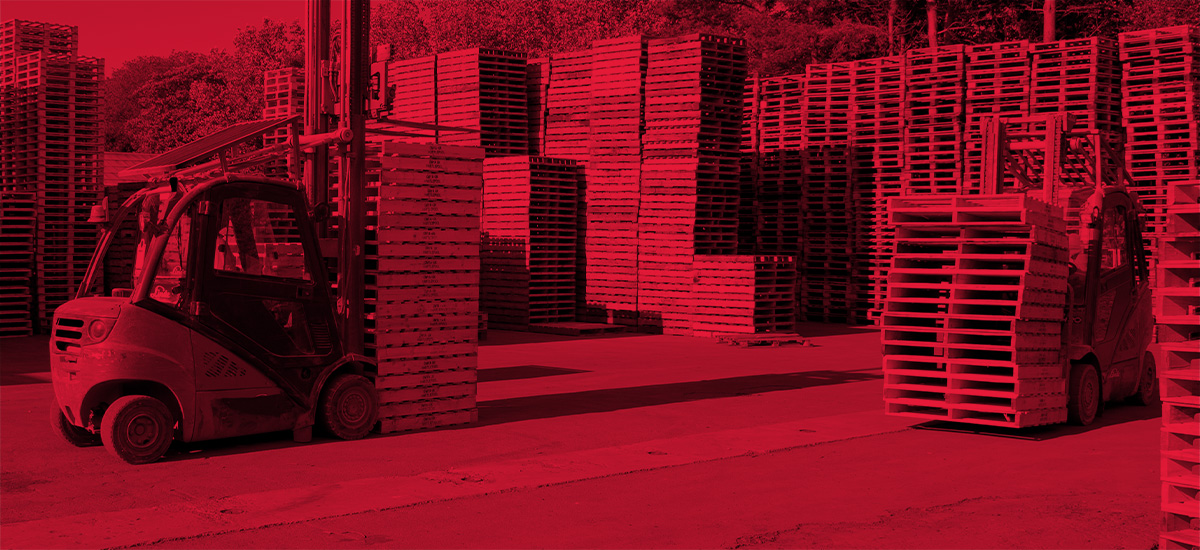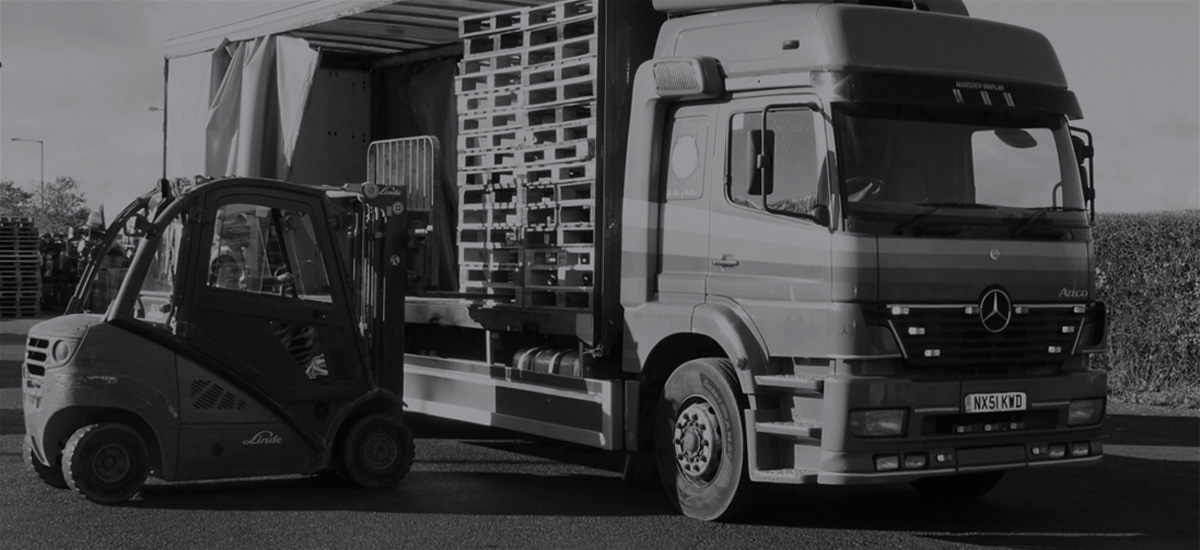Lately, we’ve been feeling nostalgic, reminiscing fondly over 15 successful years in business. But success for RPS is about more than just making money, it’s about making a difference. Our intention is to reduce the unnecessary recycling of wooden packaging and reuse it wherever possible.
Rather than throw something away, or recycle its raw materials to create something new, we encourage the reuse of a product, such as a wooden pallet, many times. This is great for the environment, and for your wallet!
We’ve seen some great examples of reuse over the years that have resulted in huge benefits for business, society, and the environment, by reducing waste and preserving raw materials.
As RPS has been in business for 15 years, we thought we’d share 15 of our favourite reuse ideas:
In October 2015, the UK Government brought in a 5p carrier bag charge. Although met with some reluctance, the charge has encouraged shoppers to reuse their plastic bags, reducing pollution. By August 2016, use of plastic carrier bags in the UK had dropped by 85 per cent, which is a huge reduction in litter and the need to handle the plastic for recycling. During this period, large supermarket chains also reported they’d donated a collective £29 million to good causes, raised from the 5p charge.
Cups, glasses, and mugs are reused by almost everyone every day! Essentially, all the crockery in your cupboard is sat there ready to be reused. After you have a cup of tea or coffee, you don’t throw the empty cup in the bin. That would be ludicrous. You wash it and put it back in the cupboard for next time. Not only that, but these everyday items can also be used as paint pots, vases, candle holders and countless other things.
Cars are a prime example of reuse. The great thing about cars is they can be repaired and reused on the used car market. Of course, you have to buy fuel, and they’re not as cheap to repair as perhaps a wooden pallet, but it’s typically far cheaper to change a tyre or replace a part under the bonnet than to buy a brand new car. Rather than resign a used car to the scrap heap when you no longer need it or upgrade to a newer model, sell it on and someone else can get more out of the engine before its final journey, when its parts can finally be recycled.
- Christmas trees and decorations
Fashions come and go, but one thing that is consistent is the festive period. Whether it’s bringing out decorations made by the kids, grandkids, or even yourself in years gone by, or untangling the tree lights each year, reusing Christmas decorations and artificial Christmas trees brings back great family memories and also prevents waste.
- Tupperware, takeaway cartons and other food storage containers
These are fantastic reuse items. Not only can Tupperware be reused for years and years at a time, but empty ice cream tubs, jam jars, butter tubs and foil trays can all have a long and useful life around the home. Give them a wash and you can store all sorts of leftover food in them, or even use them for arts and crafts activities.
- Clothes, towels and sheets
Charity shops and animal shelters will often take items like towels and sheets to be used for months or years to come, but they can also be cut into cleaning rags to bring a bit of sparkle to your home.
Strictly speaking this is recycling, but a fantastic way to utilise used vegetable oils or waste animal fats and oils, is by processing it into biodiesel, an alternative fuel similar to conventional or 'fossil' diesel. It’s made through a chemical process that separates glycerine and methyl esters, which is the chemical name for biodiesel. Glycerin is also a valuable by-product that can be used to make soaps and other products.
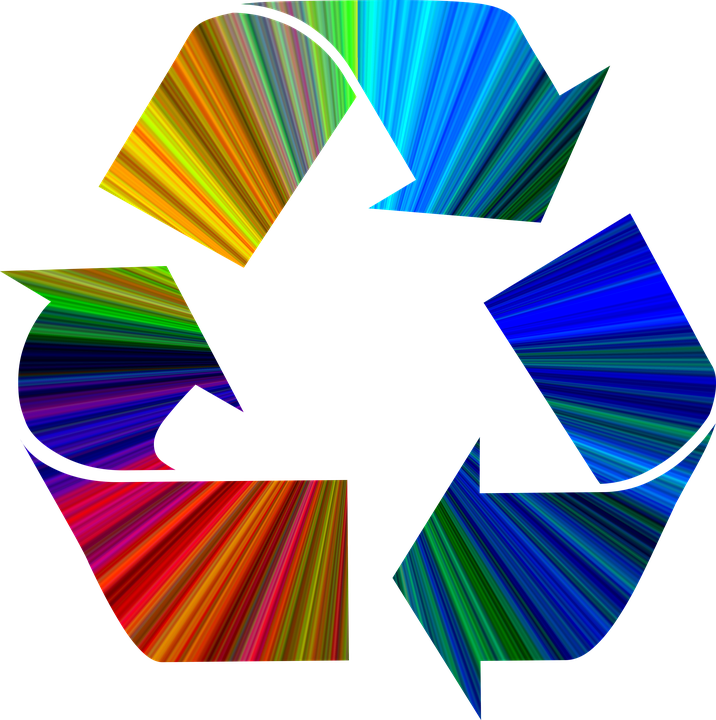
- Online auctions and car boot sales
These places are reuse havens where there are millions of products bought and sold each day across the world. Someone’s junk is another person’s treasure. There’s a multitude of items, including books, antiques, paintings, furniture… the list is endless. These platforms can literally help extend the life of anything by its reuse.
You might think paper would fall under recycling. But you’d be surprised how many square inches of clean, unused paper end up in recycling bins. Before throwing it away for recycling, try to use every centimetre of space on a piece of paper, perhaps for taking phone messages, writing shopping lists, or doodling ideas.
A cardboard box has a multitude of reuse options. You can use it to move house, store items, or to tidy bits away until the next time you need them. They come in all shapes and sizes so the reuse options are limitless.
Although not as common a sight as it used to be, local dairies still deliver fresh milk and take rinsed empty bottles away to be cleaned and reused. This epitomises reuse, as after a simple wash, the glass bottle can be easily reused for the same purpose. Glass is a durable and remarkably robust material, because it doesn’t tend to degrade over time. What better example of reuse is there?
Thinking of waste specifically, factories around the world generate offcuts and waste materials from production. In some circumstances, there’s nothing wrong with the discarded material, and as such, if collected it can be processed to be used for its primary purpose again. It might form a lower grade material but, at least it’s not being thrown into landfill.
Household tools such as saws, nail guns, lawnmowers and even paint brushes are reused over and over again. Some industries might require new tools to be used each time, for example where cleanliness is an issue for, but items such as electric saws and nails guns can often be easily and cheaply repaired. Beyond that, they can be recycled under the appropriate
Waste Electrical and Electronic Equipment (WEEE) regulations.
You wouldn’t perhaps expect envelopes to be easily reused rather than recycled. However, do you transfer mail around your office? Could you use larger envelopes to move internal mail for example? Once again, this item can come in a various shapes and sizes so there is bound to be a reuse option for most envelopes whether at home or at work. Padded envelopes in particular can be used to send more delicate items through the post many times.
And last but by no means least, how could we miss out our very own wooden pallets! Made from a durable and renewable material, natural wooden pallets can be reused multiple times to transport goods. Not only that, once the wood has completed its life-cycle as a pallet, it can then be recycled into chippings to be used in chipboard products, or as a biomass fuel.
As you can see, reuse is possible for almost any product, and in many situations, saving you time and money, as well as reducing your environmental impact on the world. We’ve barely scratched the surface here, but we hope it’s given you food for thought to help you reuse first, before you recycle.
What materials do you reuse? Let us know by tweeting us at @RPS_Limited.

